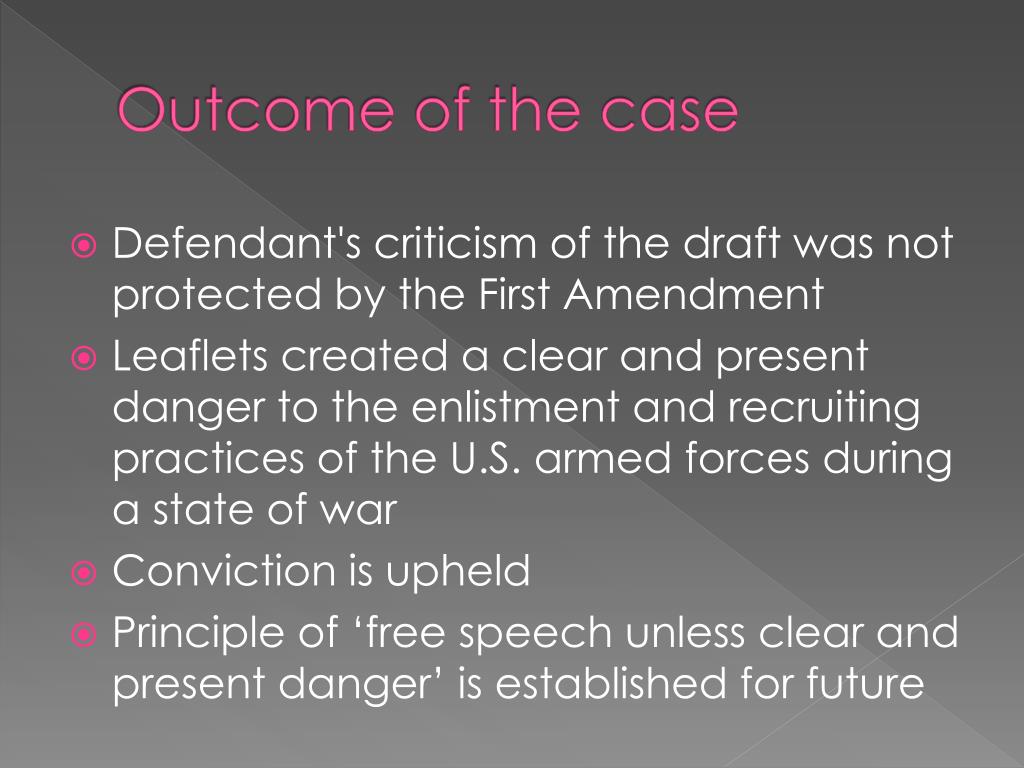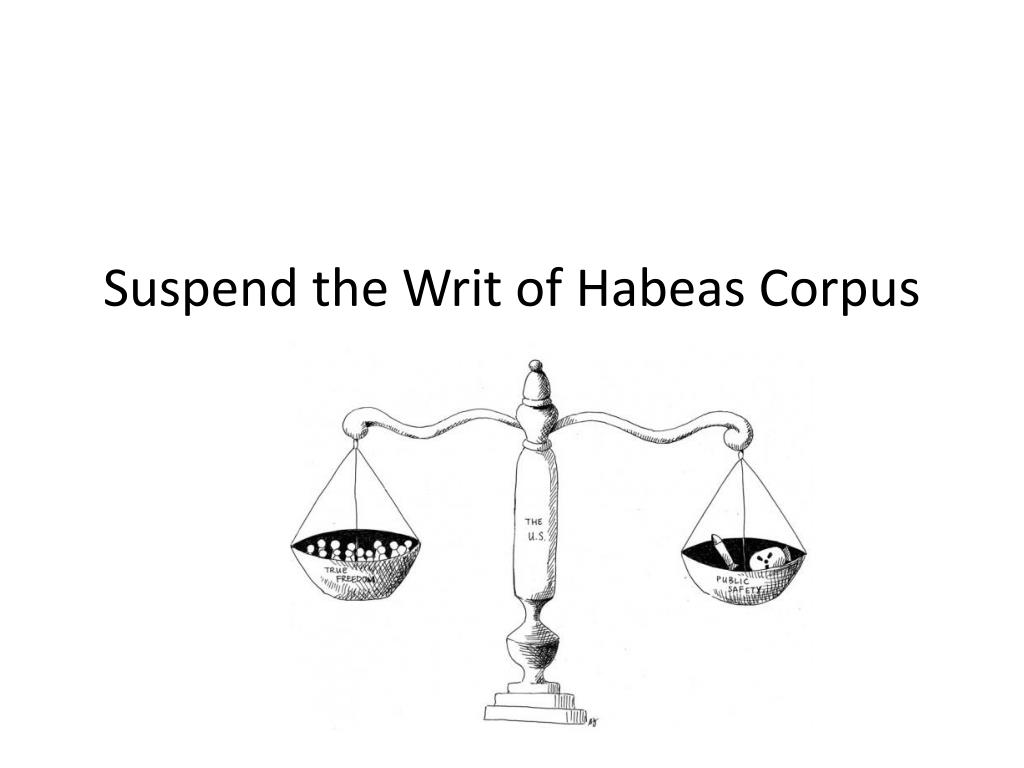


The 1918 amendment to the act, also called the Sedition Act, went further. Finally, the act declared it unlawful for any person in time of war to publish any information that the president, in his judgment, declared to be "of such character that it is or might be useful to the enemy." It deemed a criminal anyone who, "when the United States is at war, shall willfully make or convey false reports or false statements with intent to interfere with the operation or success of the military or naval forces of the United States or to promote the success of its enemies and whoever when the United States is at war, shall willfully cause or attempt to cause insubordination, disloyalty, mutiny, or refusal of duty, in the military or naval forces of the United States, or shall willfully obstruct the recruiting or enlistment service of the United States, to the injury of the service or of the United States." The act said such individuals would "be punished by a fine of not more than $10,000 or imprisonment for not more than twenty years or both." The act also declared that any mailing that violated the above provision of the act was illegal, and it also banned any mailings advocating or urging Treason, insurrection, or forcible resistance to any law of the United States. While more comprehensive, these passages were not much different than what had been in previous laws against spying and espionage.īut the Espionage Act went further.
#Espionage definition constitution code#
The part of the act dealing specifically with espionage contained standard clauses criminalizing "obtaining information respecting the national defense with intent or reason to believe that the information to be obtained is to be used to the injury of the United States" or obtaining such things as code books, signal books, sketches, photographs, photographic negatives, and blue prints with the intention of passing them on to the enemy.

Sections of the act covered the following: vessels in ports of the United States, interference with foreign commerce by violent means, seizure of arms and other articles intended for export, enforcement of neutrality, passports, counterfeiting government seals, and search warrants. Thus the Wilson administration proposed and Congress passed the "Espionage Act of 1917." Much of the act simply served to supersede existing espionage laws. But Wilson and his cabinet had begun to express concern about what Attorney General thomas gregory referred to as "warfare by propaganda." With World War I raging in 1917, the administration of President woodrow wilson decided that there needed to be a law protecting the United States against "the insidious methods of internal hostile activities." While the United States had Espionage laws already on the books, it had not had a law against seditious expression since the Alien and Sedition Acts of 1798 expired. Supreme Court decisions regarding freedom of speech that continue to be studied. While most of the Espionage Act was straightforward and non-controversial, parts of this legislation curtailed Freedom of Speech in such a way as to draw an outcry from civil libertarians. 217, 219), and an amendment to it passed in 1918 sometimes referred to as the Sedition Act, were an attempt to deal with the climate created in the country by World War I. One of the most controversial laws ever passed in the United States, the Espionage Act of 1917 (ch.


 0 kommentar(er)
0 kommentar(er)
